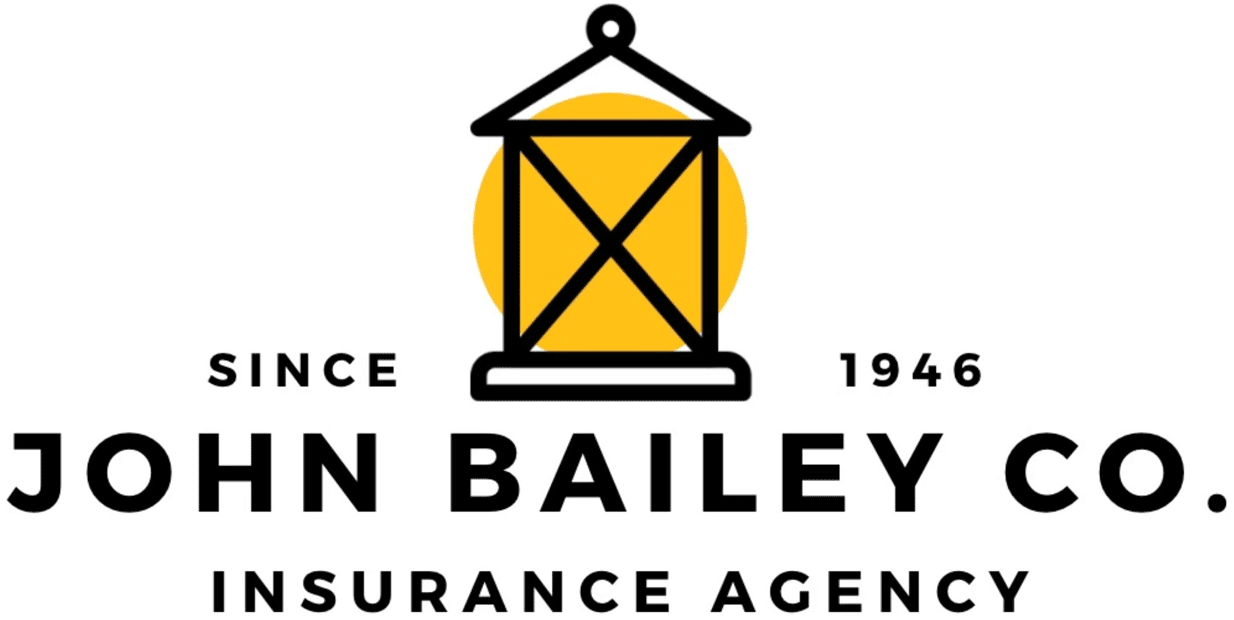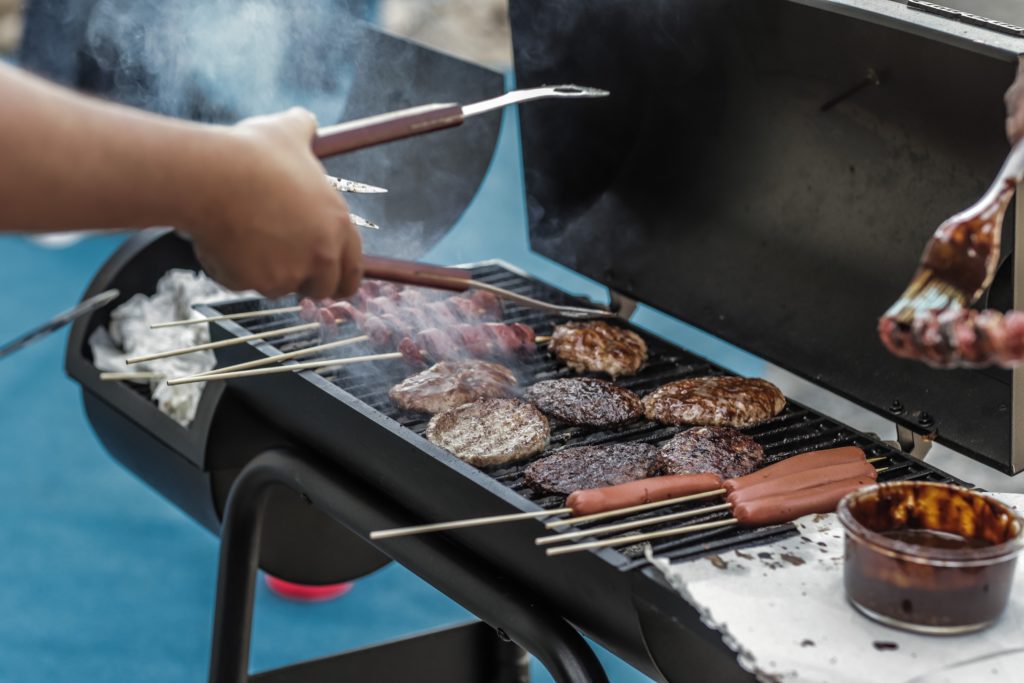Summertime is the season for relaxing, vacationing, completing home improvement projects, or inviting friends and family for a delicious meal grilled on the barbecue. Over the past few weeks, two news articles caught our attention. WBBJ Eyewitness News (Jackson, TN) wrote “Summer Safety: Fire Up the Grill!” In late June, WSOC-TV (Charlotte, NC) published “South Florida Couple Grilling Steaks Loses Townhome When Fire Engulfs Building.” Today, our John Bailey Company team thought it would be beneficial to discuss how grilling safety tips can save your meal – and much more!
NFPA provides stats on home grill fires
The National Fire Protection Association (NFPA) was established in 1896 as a global self-funded nonprofit organization. Their mission is “to help save lives and reduce loss with information, knowledge and passion.” They work to eliminate deaths, injuries and economic losses caused by fire, electrical and related hazards.
In April 2019, the NFPA published a set of Home Grill Fires Tables, a series of charts detailing the damage caused by fires started on the grill. The report highlighted the following statistics:
• On average, 10,200 home fires are started by grills each year.
• July is the peak month for grill fires, followed by June, May, and August.
• 19,000 patients have gone to the ER per year because of injuries involving grills, including 9,300 thermal burns.
• 70% of U.S. households own at least one outdoor BBQ, grill or smoker.
• 64% of households own a gas grill.
• Gas grills contribute to higher numbers of fires than charcoal grills.
Grilling Safety Tips
It is not unusual for consumers to buy a new barbecue and never take the time to read the safety instructions provided by the manufacturer. The typical owner’s manual can range from 10 to 40 pages. Because of the importance of grilling safety, we offer our readers two online articles which simply outline helpful tips. Nationwide published “9 Grilling Safety Tips for Summer” and Taste of Home has created a list called “10 Major Grilling Safety Mistakes You Might Be Making.”
Here are seven top grilling tips:
1. Read your owner’s manual and stay up to date on any product recall notices.
2. Situate the BBQ outdoors and at least 10 feet away from any structures, trees or awnings.
3. Inspect your grill before cooking. If using gas, check the hoses for holes, brittleness and cracks. Check the valves for leaks.
4. Clean your grill. It is important to remember fat and grease will build up on the grill and in the drip tray. This buildup can affect the taste of your meal and add to fire risk. Also, spiders and insects are known to build webs or nests in the Venturi tubes. These webs and nests can fuel a fire in the barbecue.
5. Open your gas grill lid when lighting it and be aware if the flame goes out. Allow at least five minutes to lapse before relighting your grill.
6. Protect the chef with a proper apron, gloves, hot pads and proper barbecuing utensils.
7. Prepare to respond appropriately to a fire. Keep a fire extinguisher, a bucket of sand and baking soda nearby. Remember, water will not douse a grease fire.
Additionally, the NFPA provides a printable flyer and a three-minute video on grilling safety. Consider sharing both with your family, friends, and neighbors.
If you are having trouble viewing the film, you can see it here.
Let’s talk insurance and grilling safety
The good news is that most outdoor barbecues are happy and safe occasions; however, it is always advisable to make sure your home or renter’s insurance is up to date and in force. The Insurance Information Institute (III) offers that fire is a covered peril in a standard homeowner insurance policy. In most instances, damage to the house, other structures, personal possessions, or injuries to a guest would be covered.
We wish you a trouble-free summer full of inviting menus and the great outdoors. Remember we are here to help you insure a great life and invite you to contact us for any of your personal or business insurance needs.

